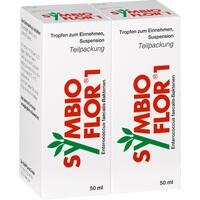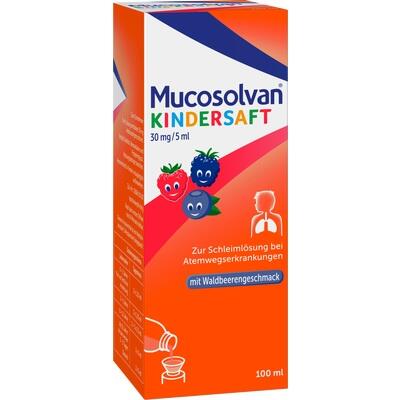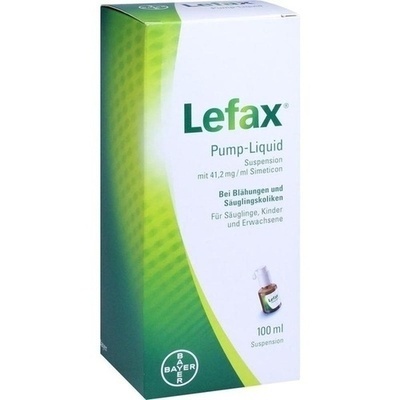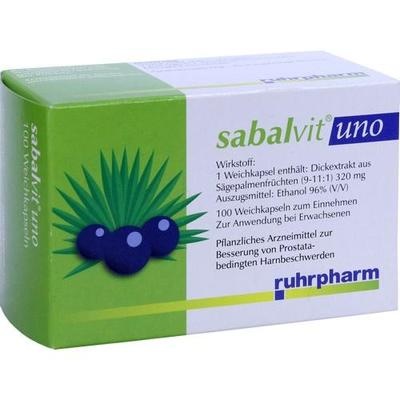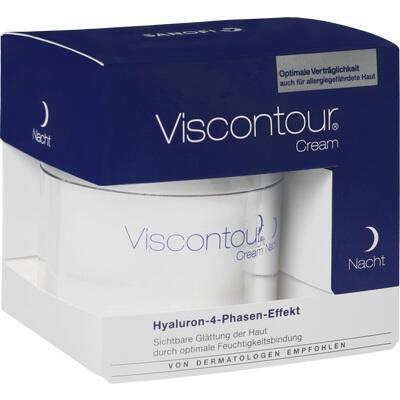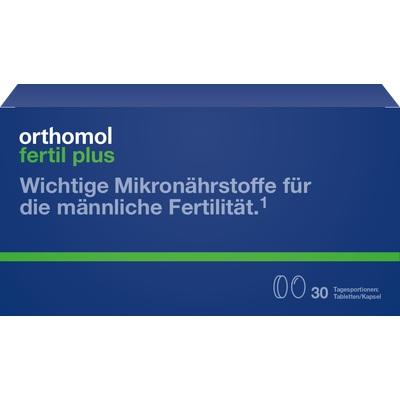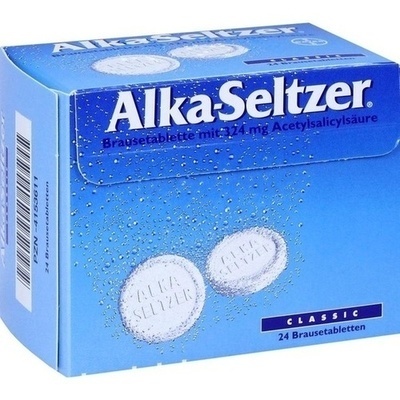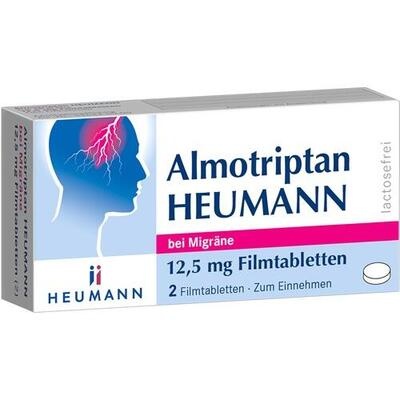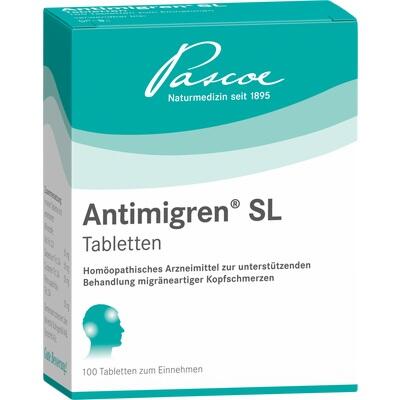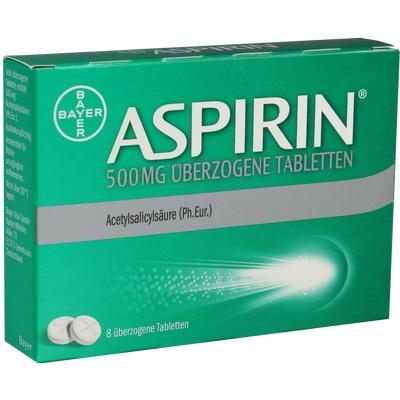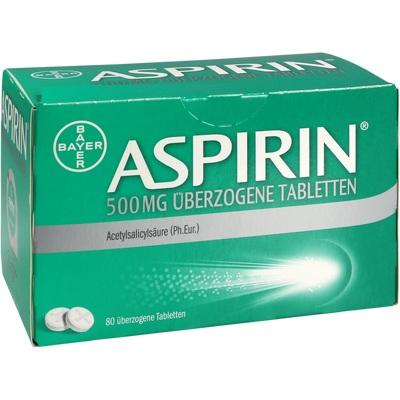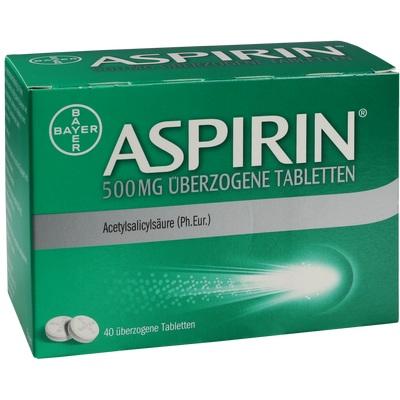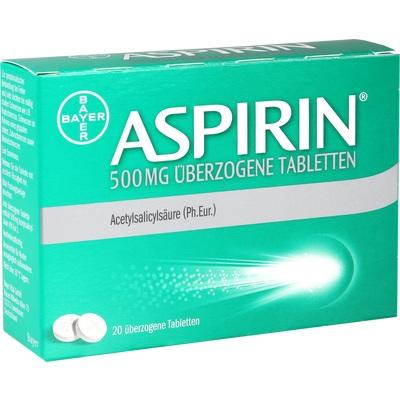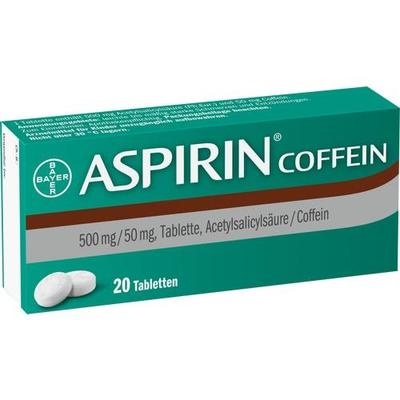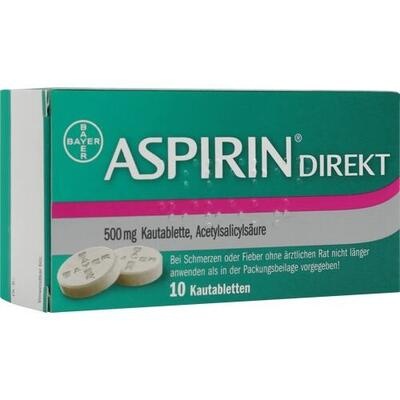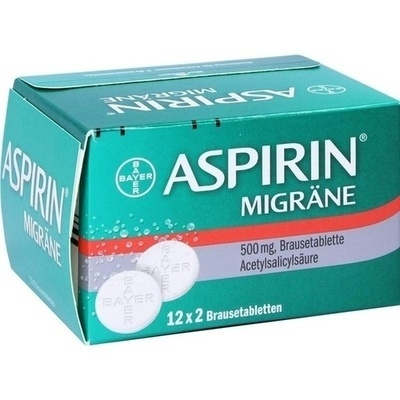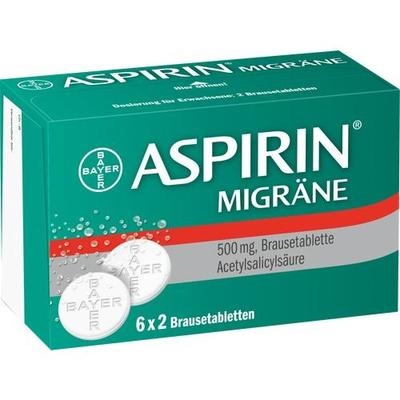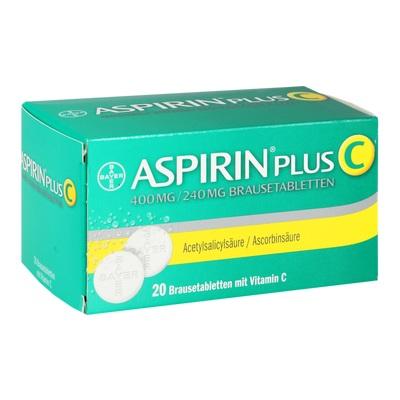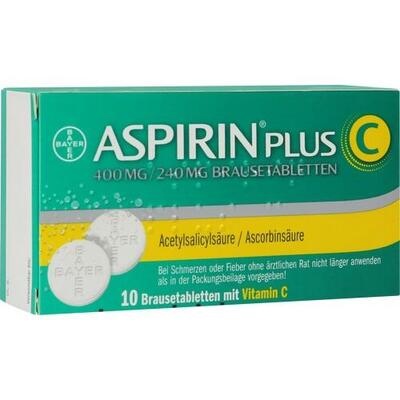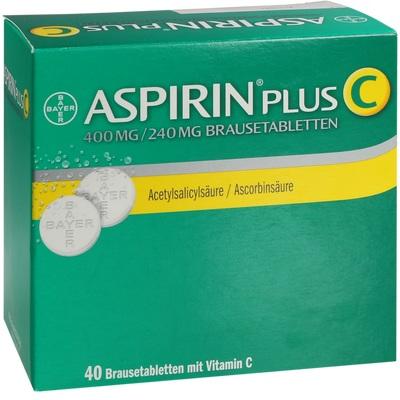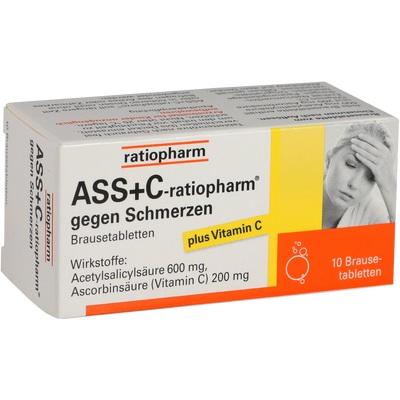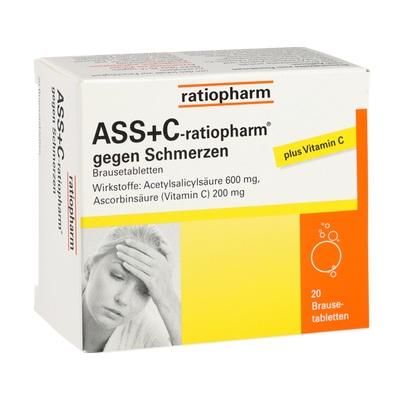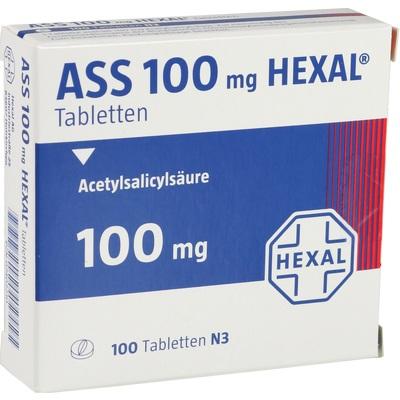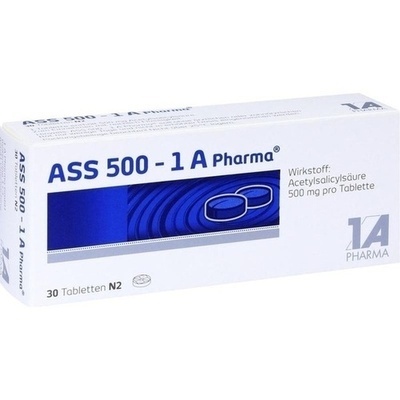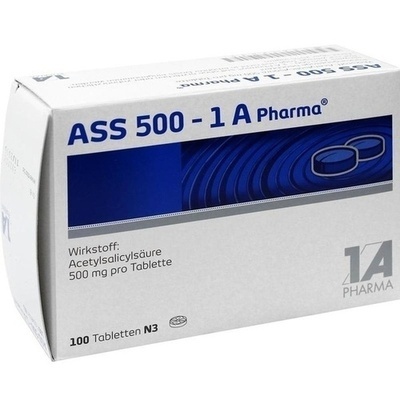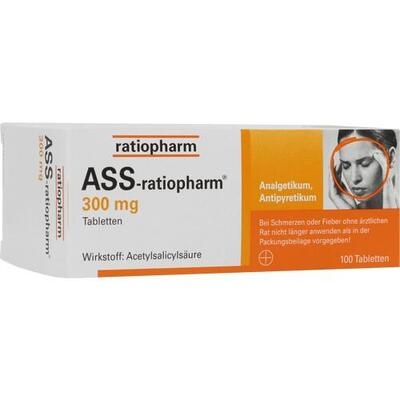
Migrains
What is a migraine?
A migraine is a functional disorder of the brain, meninges and blood vessels. This functional disorder is often hereditary. During a typical migraine attack there is a temporary malfunction of the pain-regulating systems. This means that our body reacts more strongly to stimuli.
The typical symptoms of a migraine are unilateral headaches. The length of a migraine attack can vary. In some cases, the attack can last up to 72 hours. The migraine attack is accompanied by other symptoms like vomiting, nausea and increased sensitivity to light. They can also cause visual and speech problems, sensory disturbances or short-term paralysis.
The triggers of a migraine attack
A migraine attack often comes unexpectedly and varies in severity and length. But there are some known factors (triggers) that can trigger a migraine attack. These include alcohol, stress, lack of exercise, noise, menstruation and medication. Certain weather conditions can also trigger an attack. This varies a lot from person to person. A change in your usual daily rhythm can also trigger a migraine.
It is helpful to keep a migraine diary to find your own triggers. You should document your daily routines and migraine attacks in detail. After some time you should be able to identify your personal migraine triggers. In some patients, even drinking too much coffee triggers a migraine attack. Remember that migraines are very individual and it is therefore important to keep a close eye on how they develop.
Timeline of a Migraine Attack
As mentioned earlier, the pattern of a migraine is very individual. The first signs of a migraine attack usually include increased irritability, changes in appetite, concentration problems and unrestrained fatigue. This is followed by the so-called "aura phase". In this phase, neurological disorders such as speech disorders, numbness, flickering of the eyes and other sensory disorders occur. The third phase is heralded by throbbing headaches. These pains start in the neck and reach the forehead and eyes. Other accompanying symptoms are nausea, chills, vomiting and tiredness.
Medicines against migraine headaches
Do you want to alleviate a migraine attack as quickly as possible? Then Pharmasana online shop is the right place for you. Experience has shown that caffeine is a good active ingredient to initially attenuate the attack. Furthermore, painkillers such as ibuprofen, aspirin or triptan are good means to relieve the pain quickly and reliably. We recommend our cooling migraine glasses to calm the eyes and forehead. By the way: medications such as metoclopramide or domperidone help against the accompanying symptoms of nausea and vomiting.

